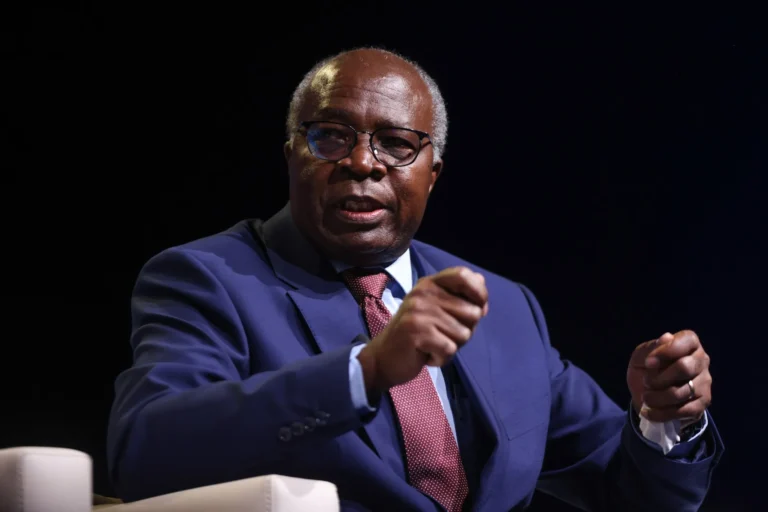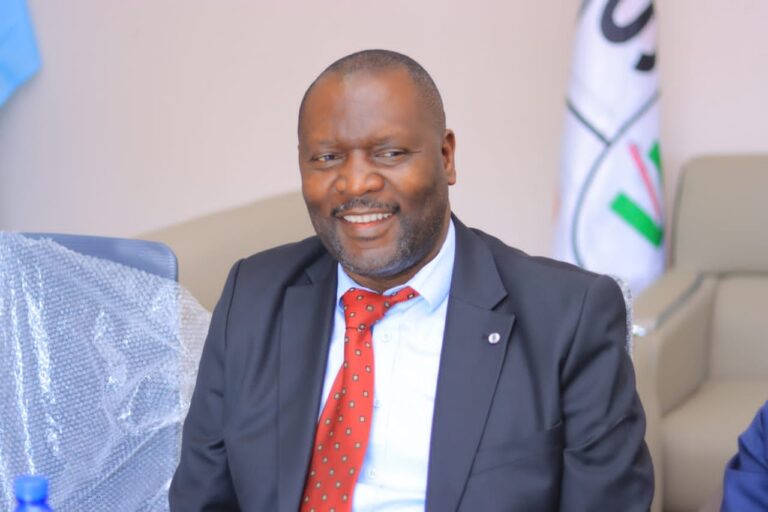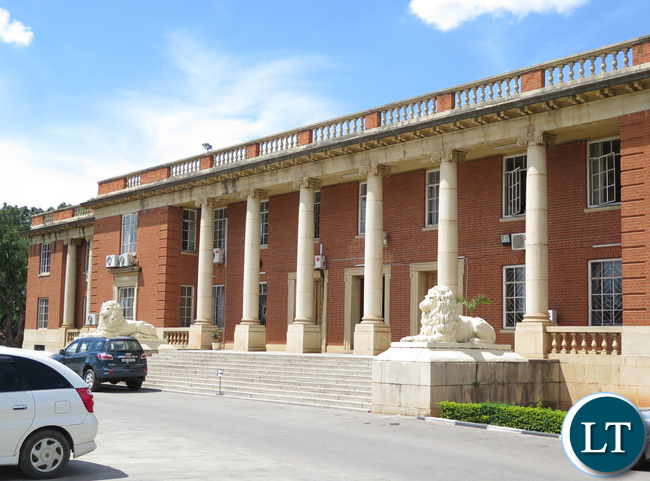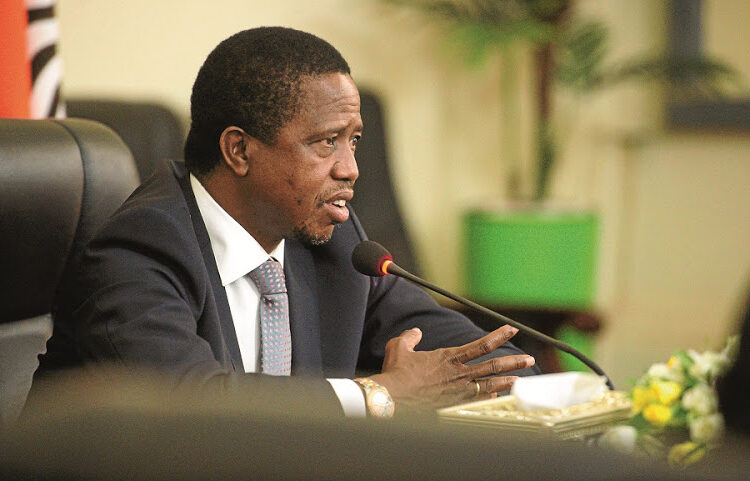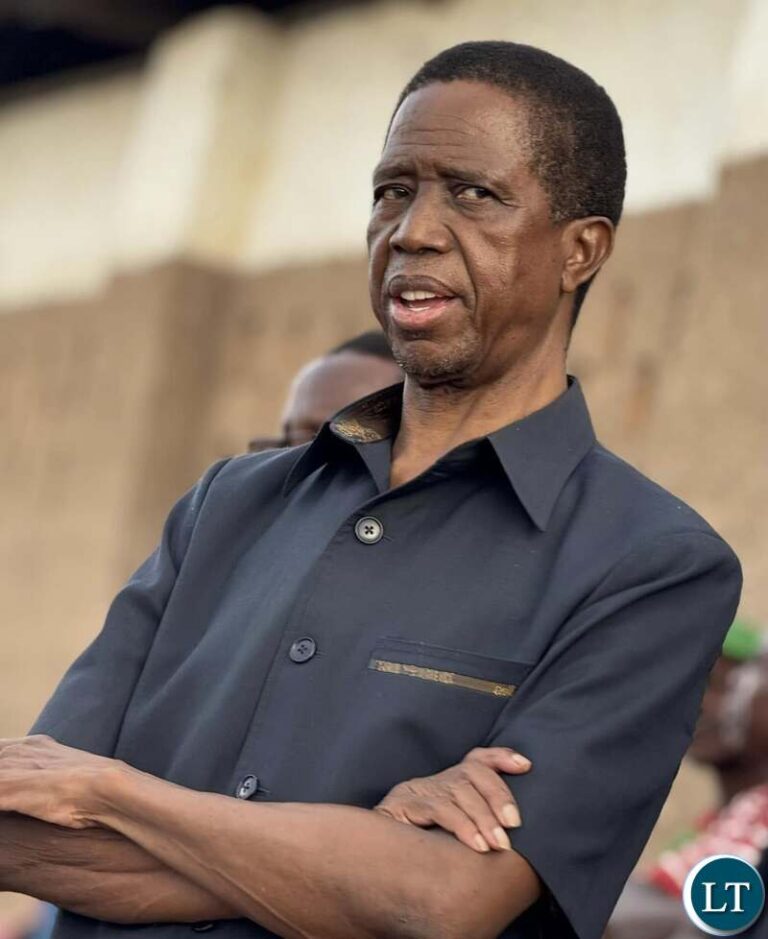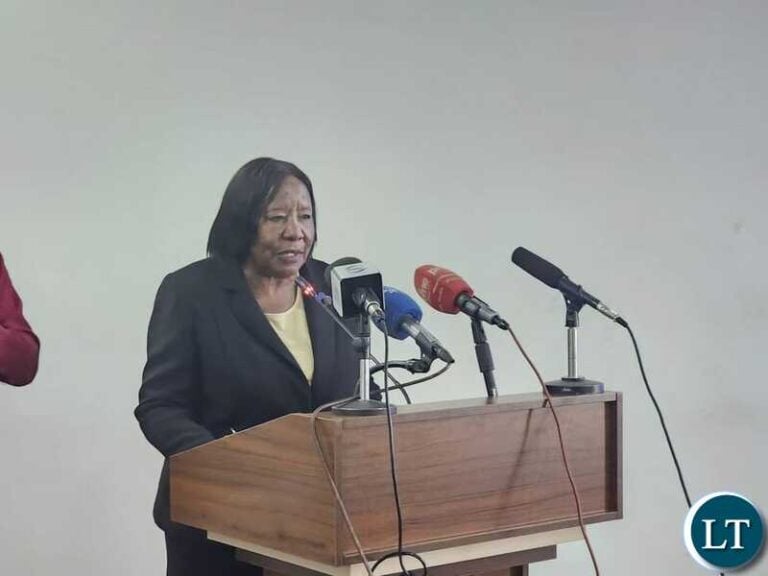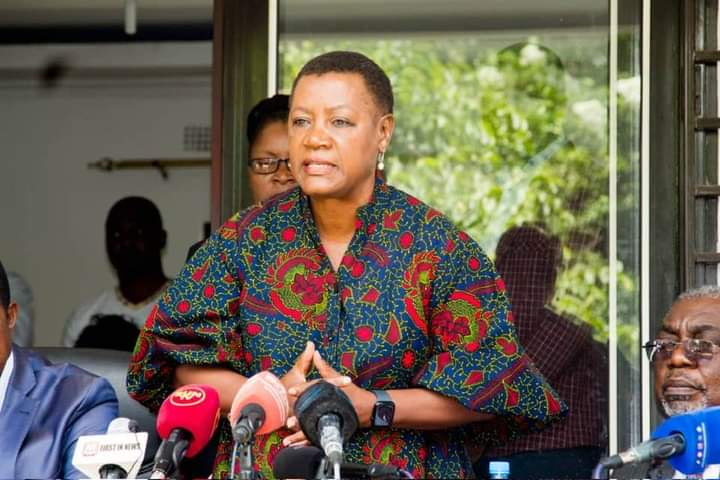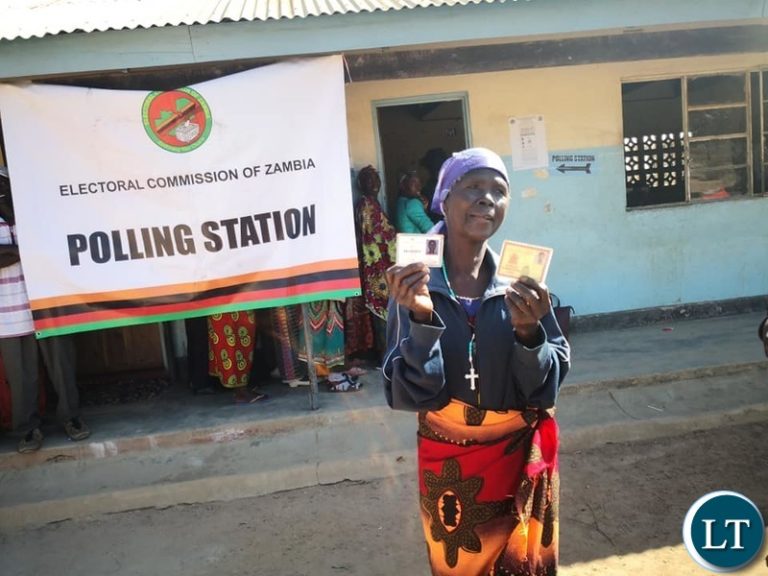Musokotwane Seeks More Borrowing, Recalls Parliament
Zambia’s Minister of Finance and National Planning, Dr. Situmbeko Musokotwane, has requested the Speaker of the National Assembly to recall Parliament for an urgent session. The aim is to secure approval for additional borrowing to address the growing financial pressures the country is facing. This comes after two supplementary budgets were already sought earlier in the year.
The 2025 national budget, set at ZMW 217.1 billion, represented a 9% increase from 2024. It was designed with ambitious targets, including a projected GDP growth of 6.6%, inflation reduction to between 6% and 8%, and a budget deficit limited to 3.1% of GDP. However, those targets are proving difficult to achieve, as the country grapples with several economic challenges.
The budget was to be financed through domestic revenue of ZMW 174.2 billion, including ZMW 137.4 billion in tax revenue and ZMW 36.8 billion in non-tax revenue, as well as ZMW 8.1 billion in grants from cooperating partners. Borrowing was initially capped at ZMW 34.7 billion to cover the financing gap.
Economic pressures, however, have shifted the landscape. The ongoing effects of a severe drought have disrupted agricultural production, leading to food insecurity and stunted economic growth. This, coupled with the burden of managing Zambia’s significant debt repayments, has created a perfect storm of financial strain. Rising inflation, driven by higher food and fuel prices, has compounded the situation.
Critics of the government’s borrowing strategy argue that continued reliance on external and domestic loans is unsustainable. They point to the need for stricter fiscal discipline and greater transparency in public expenditure. Opposition leaders have also raised concerns about the lack of clarity on how previous loans and supplementary budgets have been utilized, questioning the government’s ability to deliver on its economic promises.
Dr. Musokotwane’s move comes at a time when the country is navigating the impacts of global economic pressures. Rising interest rates and a strengthening US dollar have increased borrowing costs for Zambia, limiting options for fiscal maneuvering. Domestically, the government faces the challenge of balancing social sector spending with investments in infrastructure, all while dealing with limited resources.
The call for Parliament to approve further borrowing underscores the urgency of finding immediate solutions. However, it also raises questions about Zambia’s long-term fiscal sustainability. Observers are closely watching the developments, with expectations that Parliament’s response will set the tone for how the country addresses its economic challenges in the coming months.
As Zambia faces this critical juncture, the pressure is on to implement innovative strategies to stabilize the economy and steer it back toward growth.
Stephenson Mangolwa


